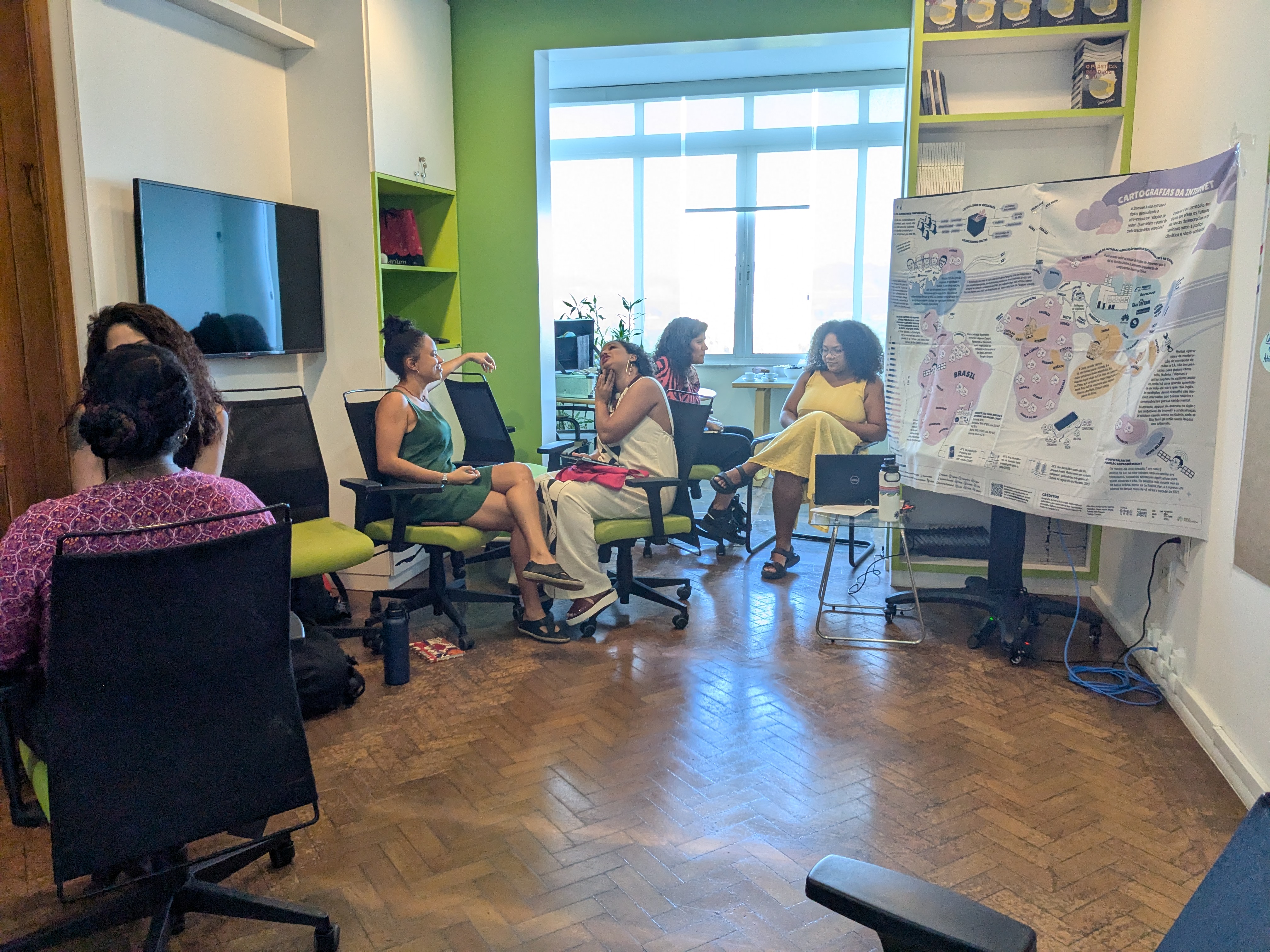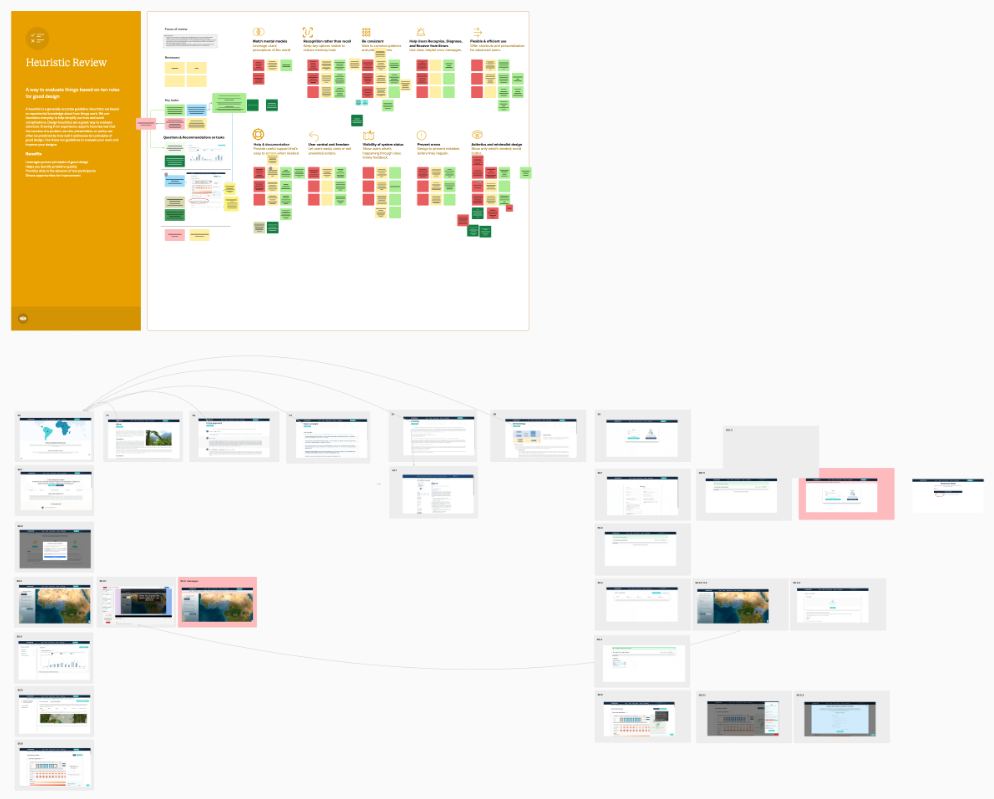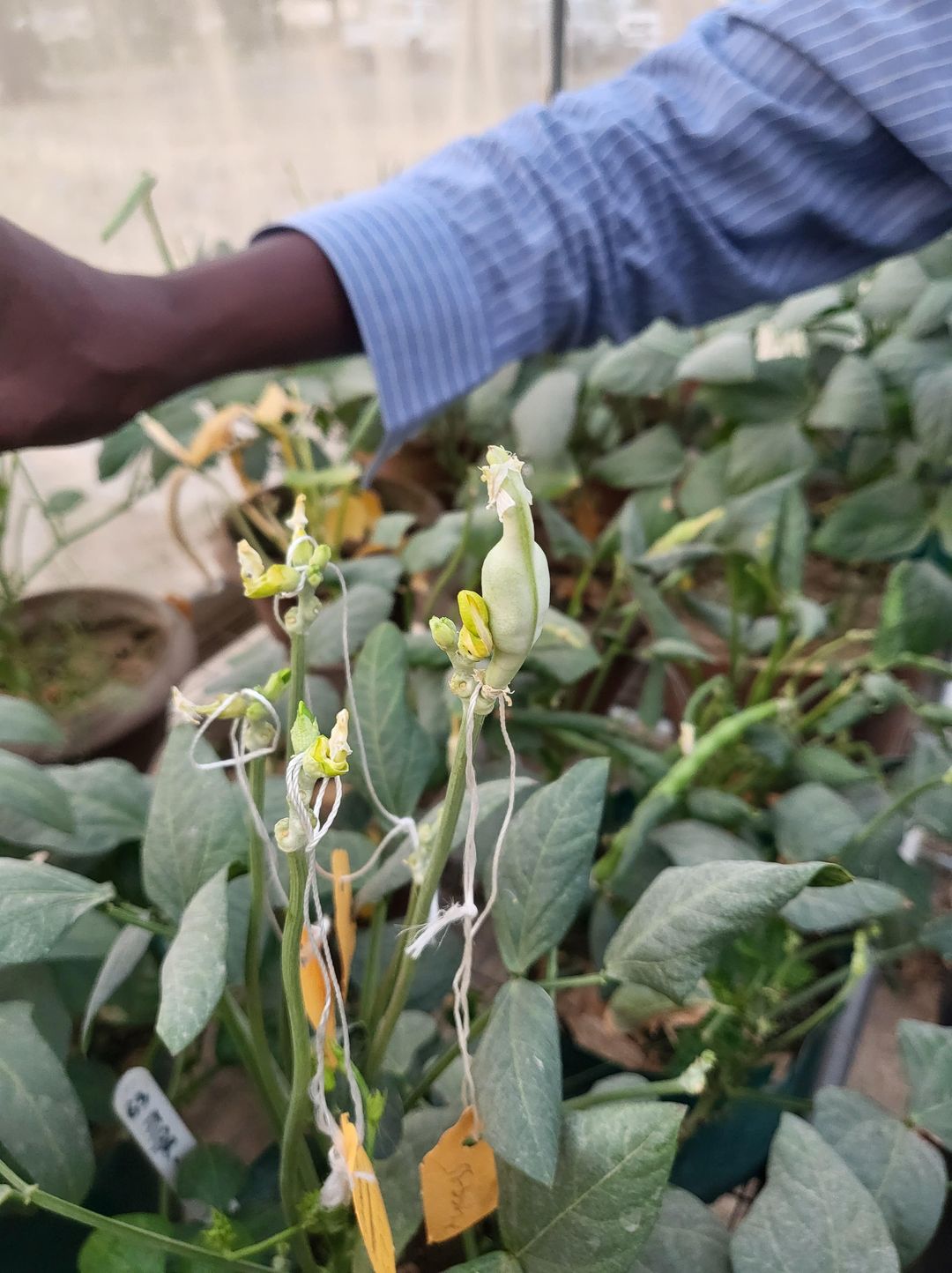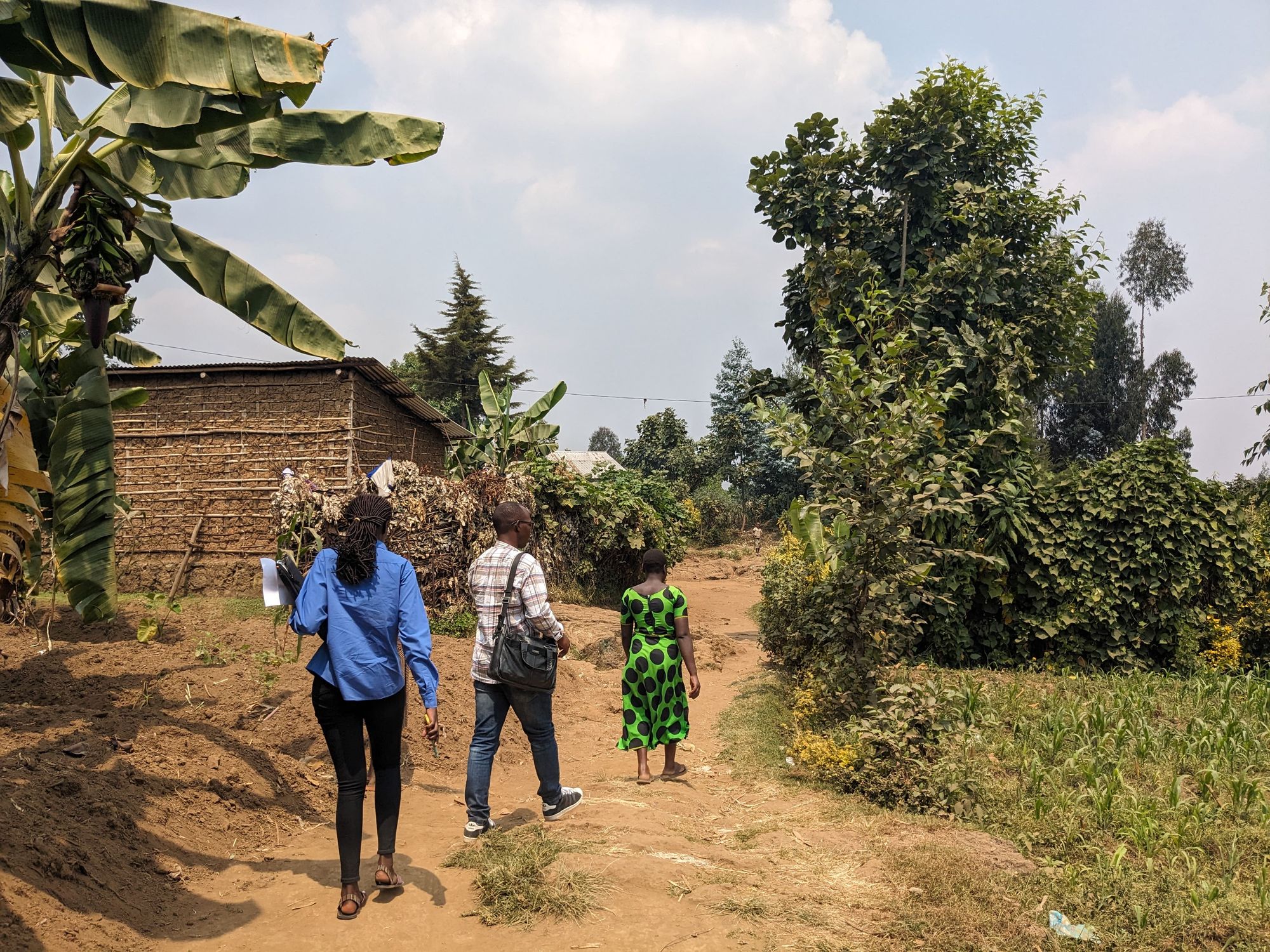The Heinrich-Böll-Stiftung (hbs) commissioned an external evaluation of its Brazil program, focusing on three core components: socio-ecological justice, democracy and human rights, and digitalization. The brief was to assess the program’s adherence to the standardized evaluation criteria developed by OECD: relevance, coherence, effectiveness, efficiency, sustainability and broader societal impact - particularly in collaboration with local partner organizations. Our evaluation approach combined Ripple Effect Mapping (REM), outcome mapping, and stakeholder workshops to trace the pathways of change together with the affected communities.
While the Foundation's work was deeply embedded in Brazil’s civil society, its impact often extended beyond measurable outputs, influencing public discourse, policy advocacy, and grassroots mobilization. The evaluation revealed how the foundation's flexible, demand-driven partnerships strengthened resilience among marginalized groups, fostered unexpected synergies across themes, and amplified the credibility of both the foundation and its partners. By mapping these ripple effects, the study provided actionable insights to refine program design, improve monitoring, and sustain long-term collaboration - proving that even in complex political environments, strategic advocacy can drive meaningful change.
Mapping change together: Participatory evaluation captures hidden impacts


How might we collaboratively uncover and visualize the broader impact of a social change program beyond direct deliverables?

Ripple Effect Mapping in action: Tracing hidden impact bottom-up

Appreciative inquiry among participants of the evaluation workshops
Using visual storytelling and group reflection, Ripple Effect Mapping traced how the Foundation's Brazil initiatives trigger broader societal shifts. Workshops with partners and communities exposed unexpected outcomes—like digital rights training empowering marginalized groups to resist surveillance. The method proved that even small-scale projects create lasting ripples, strengthening movements for gender justice, agroecology, and democratic resilience.

...not only with program members, but including beneficiaries in the discussion, at the same table. Through collaborative workshops, partners, activists, and affected communities mapped out key dimensions of immediate behavioral shifts, secondary influences, and long-term systemic effects (like institutional reforms or cultural shifts in public discourse). By combining qualitative storytelling with structured impact tracking, REM moved beyond traditional output-based metrics - revealing how the Foundation's Brazil projects amplify marginalized voices, foster unexpected alliances, and embed critical themes (e.g. agroecology, gender justice, or digital rights) into lasting societal transformation. The approach proved especially vital in contexts where direct attribution is difficult, exposing how political foundation work catalyzes change even outside its immediate control.


1. Symbolic capital: hbs and partners gained credibility, and expanded networks beyond project goals.
2. The right data in the right hands becomes an advocacy tool!
3. Women and LGBTQIA+ groups used projects to claim space in male-dominated fields like digitalization or security policy.

The participatory mapping sessions revealed hidden layers of impact:
Unexpectedly, many participants highlighted transformations outside the original program goals, such as mental health support networks and new interdisciplinary collaborations.


The hbs Brazil project proves that participatory evaluation and creative knowledge formats not only measure impact but also empower marginalized groups:
.JPG)
Workshop members evaluating the impact of tech cartographies

"What stood our to us was the commitment to surfacing nuanced aspects of internal and external impact paired with concrete, pragmatic suggestions for future discussions, e.g. around partnership concepts."
Julia Ziesche, Senior Programme Officer

Our strategy & evaluation services are designed to help you clarify outcomes, reflect on your journey, and generate stories to share. We help you assess and communicate impact from various angles, always with your beneficiaries at the heart of the endeavou. Glashaus strategy and evaluation services are ideal for:
We customize every project to your needs. Whether you’re planning a redesign or just want an expert outside perspective - we’ll help you scope the right approach.
Human-centered evaluations can help surface the impact in often unforeseen ways and build trust with local communities. —Charlotte, Research & Strategy Lead | Glashaus Innovation


